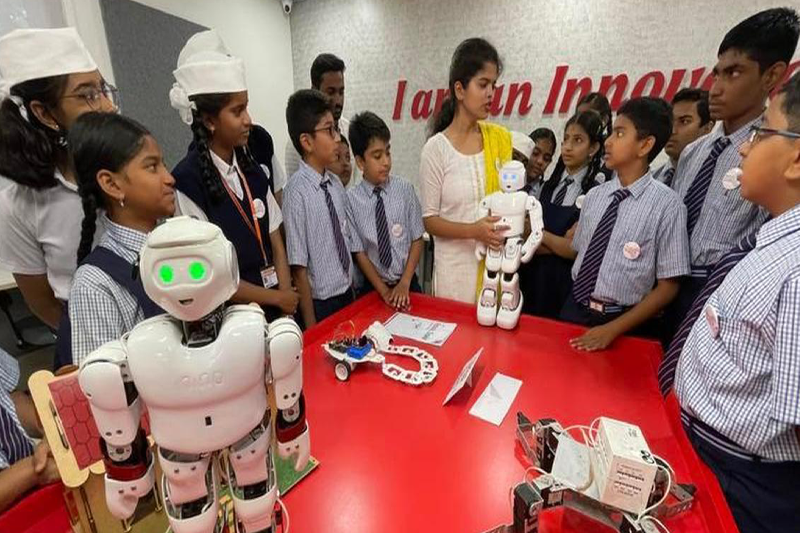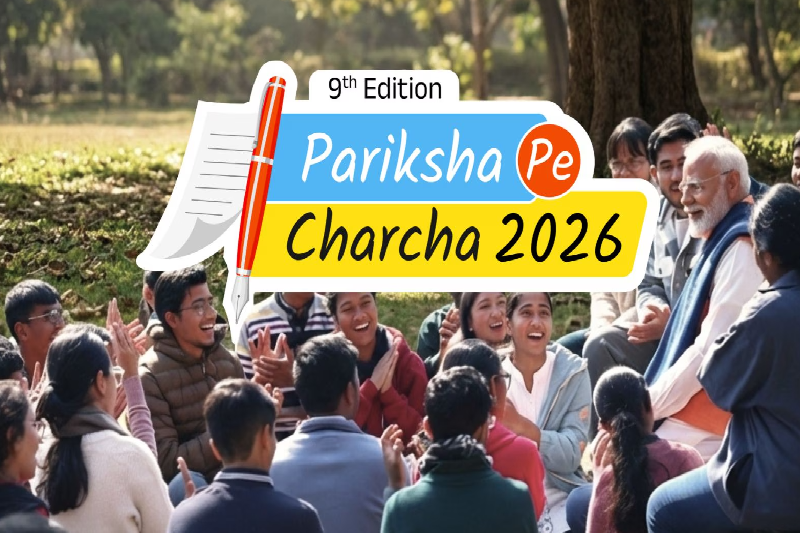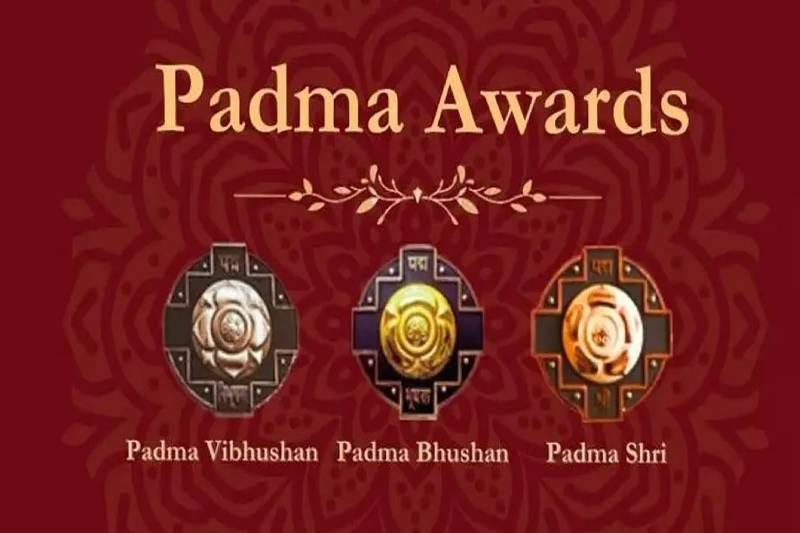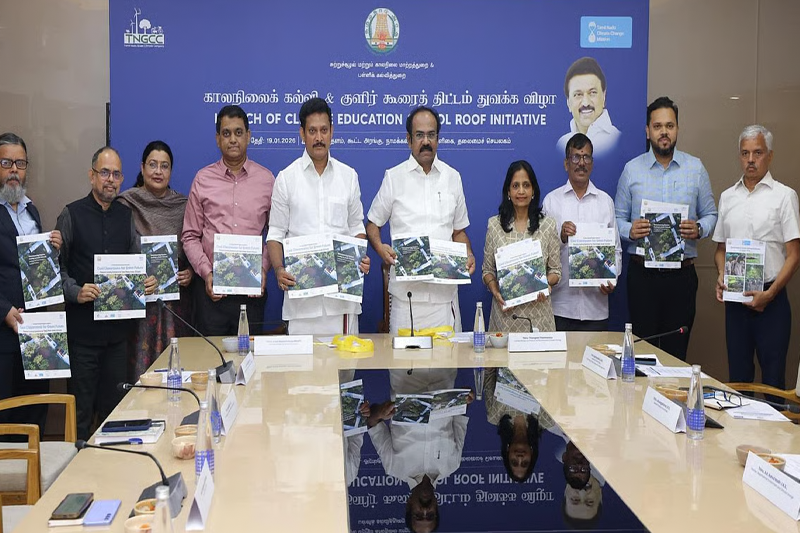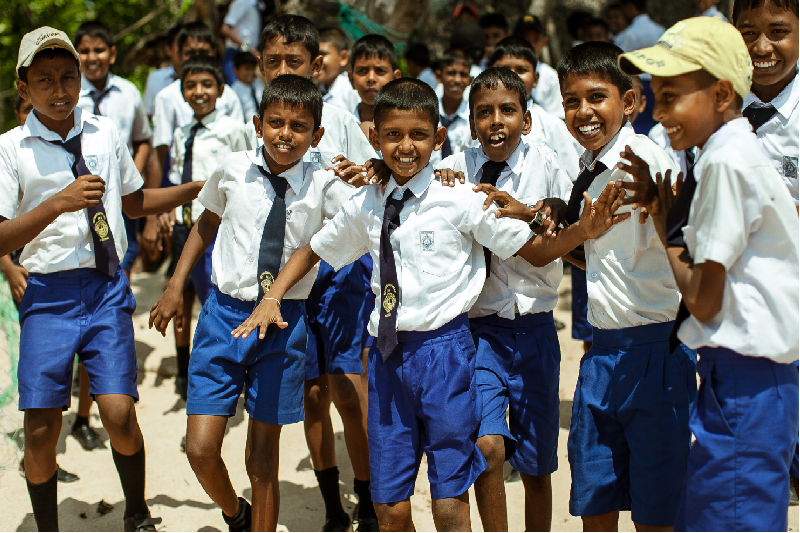
Over 12 Lakh New Students Enrol in Rajasthan Government Schools Amid Rising Education Standards
In a notable shift in public education trends, Rajasthan has witnessed over 12 lakh new student enrolments in government schools during the current academic year. This was confirmed by Rajasthan Education Minister Madan Dilawar, who attributed the surge to significant improvements in the quality of education offered in public schools.
Speaking to ANI on Monday, Dilawar remarked, “This time, more than 12 lakh new admissions have taken place in government schools. The reason for this is that the inclination towards government schools has increased.”
Rising Confidence in Public Education
The Education Minister highlighted that this growing confidence in public education is the result of consistent improvements made over the past 1.5 years. According to Dilawar, targeted reforms and investments have started to show visible outcomes on the ground.
“The standard of education has improved in government schools in the last one-and-a-half years. A national survey that was recently conducted has given us better results than the national average,” he added.
Rajasthan Climbs to 3rd Place in National Education Rankings
One of the most striking achievements shared by Dilawar is Rajasthan’s leap in national education rankings. Based on a recent national-level education survey, the state has moved up to 3rd place among all Indian states—a significant jump from its earlier position of 13th or 14th.
This jump not only reflects administrative efforts to upgrade infrastructure and teaching quality but also points to a broader systemic shift in how public education is being perceived and utilised by families across Rajasthan.
Shifting Preferences: Why Parents Are Choosing Government Schools
The unprecedented increase in enrolment suggests a paradigm shift in parental choices. Once considered a fallback option, government schools in Rajasthan are now becoming the preferred choice for many families. Factors contributing to this trend include:
- Improved learning outcomes and performance metrics
- Better-trained teachers and updated curricula
- Increased government accountability and transparency
- Enhanced school infrastructure and facilities
With rising fees in private institutions and renewed trust in public education, many parents are now re-evaluating the cost-benefit equation—and government schools are emerging as the winner.
PM-KISAN Scheme: CM Bhajanlal Sharma Applauds Central Government
In a related development, Rajasthan Chief Minister Bhajanlal Sharma on Saturday commended Prime Minister Narendra Modi for the successful rollout of the 20th instalment of the PM-KISAN scheme.
The PM-KISAN (Pradhan Mantri Kisan Samman Nidhi) scheme, which provides financial assistance to farmers, saw a direct transfer of Rs 20,500 crore to over 9.7 crore farmers across India. The funds were disbursed through the Direct Benefit Transfer (DBT) system, ensuring transparency and efficiency.
“Nation Cannot Develop Without Farmers”: CM Sharma
Highlighting the pivotal role of farmers in national development, CM Sharma said, “Prime Minister Narendra Modi released the 20th instalment of the PM-KISAN scheme, transferring Rs 20,500 crore to over 9.7 crore farmers... PM Modi has rightly said that the nation will not develop until the farmers of the country develop.”
The Chief Minister’s remarks underscore the importance of grassroots economic empowerment, especially in agrarian states like Rajasthan, where a large segment of the population depends on farming for their livelihood.
Strengthening the Rural-Urban Education and Economy Link
The convergence of improved public education and targeted welfare schemes like PM-KISAN highlights the government’s dual-pronged approach—investing in both education and rural development.
With more students entering government schools and more farmers receiving financial assistance, the state is moving toward a model of inclusive development, where education and economy reinforce one another.
- Educated children from rural areas can uplift families in the long run
- Financially supported families are more likely to keep children in school
This holistic strategy is expected to yield long-term gains in both literacy and economic resilience for Rajasthan.
Conclusion
Rajasthan’s record 12 lakh new enrolments in government schools is more than just a number—it’s a reflection of a growing trust in public education, driven by sustained improvements in quality and outcomes. Coupled with strong support for farmers under schemes like PM-KISAN, the state is making visible strides in areas that form the foundation of social and economic development.
As Rajasthan climbs national rankings and families increasingly choose public schools over private options, the trend signals a hopeful future for equitable education and rural empowerment in the state.